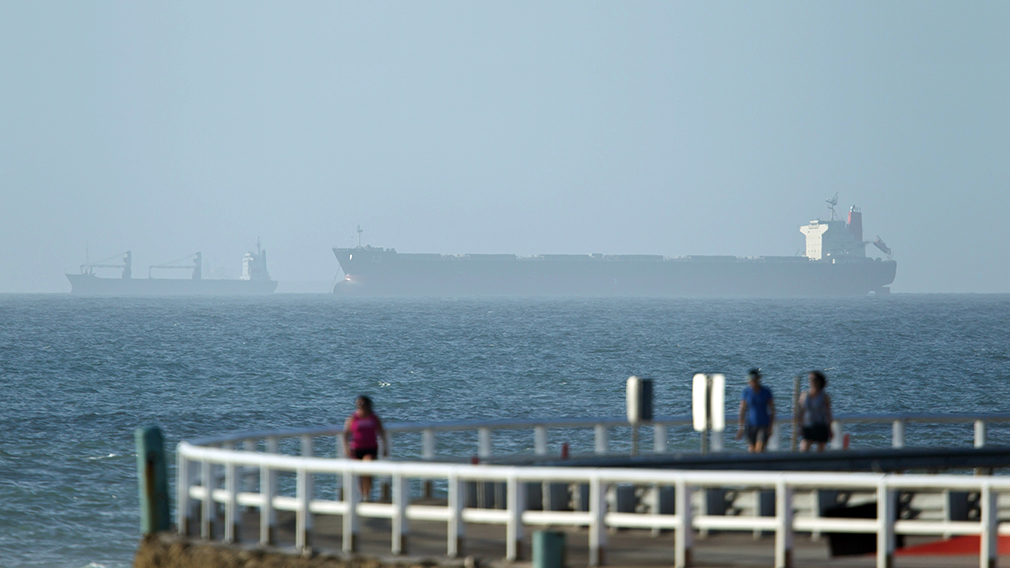Bligh rebukes pollies over 'dangerous' public swipes
Anna Bligh has taken aim at politicians’ shrinking desire to undertake bold reform and instead target the banking industry, labelling the environment “dangerous” for financial stability in the economy.
As she called on the Western Australian government to rule out launching its own state-based bank levy, Ms Bligh said the “venomous” public attacks by political leaders “climbing over each other to be, and to be seen to be, tough on banks” was concerning. Noting the banks were the nation’s biggest taxpayers and undertaking a major industry-led reform agenda to rebuild trust, Ms Bligh said the political landscape had not been this intense for 70 years since Ben Chifley announced his intention to nationalise the commercial banks.
“In this context, there is an ever diminishing appetite for thoughtful and sensible public policy making. Any appetite there may once have been to explain the complexity and importance of banking to the Australian economy has been all but extinguished,” the ABA chief told the National Press Club in Canberra yesterday.
“It is now permissible in public life to say anything about and do anything to banks – this puts our banking system into an ever-more precarious position.”
Ms Bligh, the former Premier of Queensland, cited comments by the Federal Treasurer that banks determine interest rates using a “voodoo black box” and from the opposition leader that “there are tens of thousands of Australians on an annual basis being ripped off.”
“This rhetoric is dangerous for Australia’s financial stability. In this political landscape, it is not surprising that persistent myths and criticisms about banks flourish,” she said.
In the May federal budget, the government unveiled a package of banking reforms including bank levy on the major banks, which was subsequently followed by the South Australian government’s own similar tax. Ms Bligh urged WA Premier Mark McGowan to rule out introducing a bank tax, saying it would impact the state’s fragile economy and noting that South Australia’s tax was unlikely to be legislated due to “widespread opposition from the business community, the people of South Australia and Members of Parliament”.
Ms Bligh conceded banks needed to speed up efforts to improve culture and conduct after instances of “poor bank culture and poor customer outcomes”, which banks accepted were wrong. But after more than 100 days as ABA’s new CEO, she expressed confidence that the industry was serious about delivering its most “ambitious” reform agenda in Australia’s history to rebuild community trust.
“People have relatively low awareness of the reforms that are sweeping across the banking industry. But when they are taken through the reforms, step by step, they have a very positive view of any initiatives designed to improve standards and integrity, such as the new code of banking practice,” she said.
Other initiatives include decoupling remuneration incentives from sales targets, appointing customer advocates, stronger whistle blower protections, a new executive accountability regime and new one stop shop for customer complaints.
Ms Bligh also noted that almost 75 per cent of people believe that banks return less than a quarter of their profits to their shareholders, who are mostly Australians who either own shares directly or via their superannuation funds. The big banks’ dividend payout ratios – the amount of profit paid to shareholders – are around 80 per cent.
She said this misunderstanding fed into the declining level of trust faced by the industry and represented an opportunity for banks to help show Australians they and the broader economy benefit from strong banks.
“This research is being conducted as part of a benchmarking exercise against which the ABA and the banking industry can measure progress on the project to rebuild trust with customers and the broader community,” she said.
“It represents my determination and that of the industry to make real change and to hold ourselves accountable for that change. When finalised, the benchmarks will be made public.”



